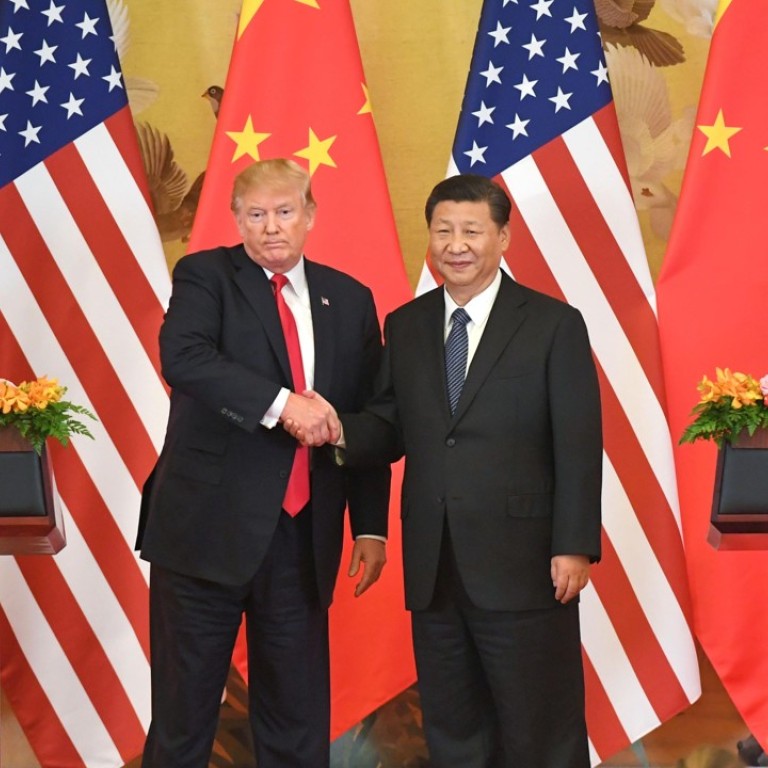
Leaders should push for even stronger ties
Xi Jinping and Donald Trump may have agreed an unprecedented mega deal but they should foster firmer economic links and build mutual trust on North Korea
President Xi Jinping’s observation that China and the United States need not agree on everything reflects sensible expectations of Donald Trump’s visit to Beijing for their second summit since the American leader was elected almost exactly a year ago. It can be given a positive spin. The tone of their remarks after yesterday’s meeting and the announcement of an unprecedented mega deal are testament to the importance both sides attach to the relationship. From China’s point of view, the US$253 billion package indicates how much it values stable and good relations with the US. Indeed, trade is the area of common interest in which they made the most significant progress. Xi confined his remarks to this area. Trump covered more ground, touching on the North Korean nuclear issue for example, and the need for a rules-based security mechanism in the region. But he talked mostly about trade, blaming previous administrations rather than China for the perception that America has been unfairly treated.
It is a stretch to expect all the issues in the Sino-US relationship to be resolved in one visit or with one mega deal. But they are now less likely to develop into open conflict, which must be reassuring to Asian neighbours. Chinese and American common interests are so closely interrelated it is difficult for either side to act on one issue without implications elsewhere. With both sides having placed faith in trade, it remains to be seen how all these deals play out for better or worse in the wider relationship, including whether China will further open its markets to the US. Ultimately it is, after all, a two-way street.
On the geopolitical front, North Korea remains one of the issues on which they agreed to differ and to which Xi referred. Those with high expectations are therefore likely to be disappointed. The US may believe China still has a lot of room to pressure Pyongyang to pull back from its nuclear ambitions, but Beijing continues to insist there are limits, and that dialogue and negotiations rather than a military solution remain the way forward. Again common interests come into play. China does not want to see a nuclear-armed country so close experience regime collapse or change that could have serious implications. So it has its own bottom line that may lead to some kind of compromise over North Korea.
Xi and Trump acknowledged that their bilateral ties were paramount. Trump’s visit should consolidate the ground for focusing on areas where they can work together. With global economic recovery still a work in progress, China and the US, as the world’s biggest economies, can enhance it by fostering stronger economic ties. Meanwhile, on North Korea, they need to build mutual trust and reduce the potential for miscalculation as they strive for a solution.

